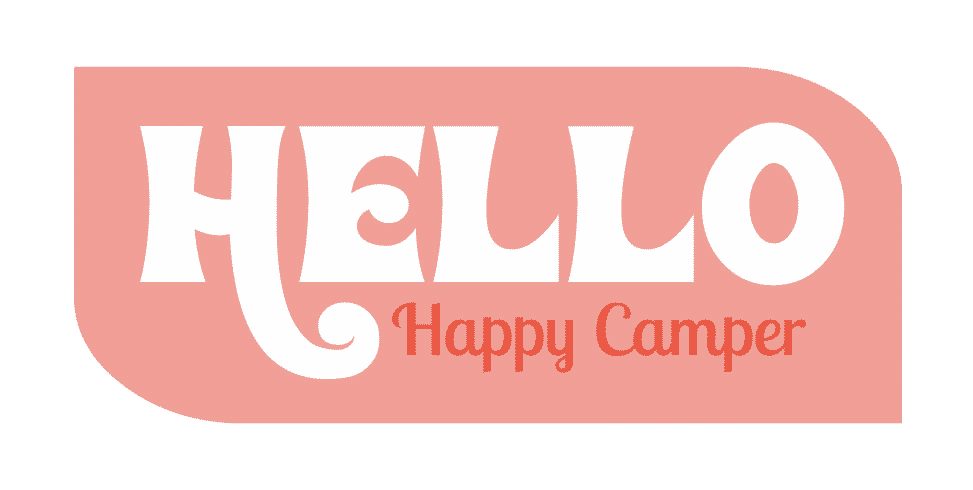
Creativity as a Coping Tool
Creativity comes in many forms. There is always an opportunity to reignite the creative spark for those who have experienced a creativity flatline. Some have a gift for sharing using artistic expression. In contrast, others are less inclined to let their energies flow through creative outlets. Yet, using creativity as a coping tool is an excellent way for people to process their emotions.
Using creativity as a coping tool allows an outlet for stress. It also helps people gain perspective on issues they are trying to solve. Painting the problem on canvas is a way to get it outside of your body, your head. We open the door and start talking about your feelings, alleviating expectations, and allowing for new associations.
What Can You Create?
Some people express themselves as artists, and others may feel they don’t have a creative bone in their bodies. There is no one way to create, so long as the process does not incite an adverse reaction. For this reason, working with a professional therapist is sometimes recommended at certain stages of the process.
Ideas for artistic expression include writing, drawing, coloring, knitting, and many other forms of creation. These are all ways to promote mental health and explore another route to healing trauma and difficult emotions. Scientists have found promising results when studying the effects of creativity on health.
Finding Flow in Creative Activities
Time and stress melt away when you’re in the flow state. When we reach a flow state, stress eases as the focus turns to the activity itself. Flow has been found to relieve psychological stress associated with depression, anxiety, and pain.
During the creation process, people will experience a range of emotions and thoughts. The process provides an opportunity to navigate stressful thoughts and feelings. It does this while making space to recognize thought patterns that might derail someone from productivity or positivity. Finally, it acknowledges that thoughts arise from stored and stuck associations in the mind and body.

How To Create At Home
Creativity for coping is any activity that allows for authentic expression. The chosen activity depends on interests, resources, and other factors. But, there is no reason to over-complicate the creative outlet. Even coloring can provide a safe platform for finding flow and meeting the mind in a meditative state. Creating collages, writing poems, and sketching are lovely ways to express oneself and allow for this therapeutic process to unfold. Many people enjoy this process outdoors in nature or with their pet on their lap for comfort and companionship. Wherever you choose to create, try to allow the mind and body to relax and engage fully.
Creative Conclusions
The most important thing to remember is that this is meant to be a relaxing process. Do not place too much pressure on yourself to make art that is perfect or even good. Expression is a mirror for the mind, allowing a chance to see the reflection of the inner world authentically. Creating alone works for some people, while working in a group or with a therapist will be better for others. Even a local art class may provide the opportunity to connect with others while creating. Find what works for you, try creative activities, find flow, and allow the healing process to unfold naturally.
The Artist’s Way for Inspiration
Interested in learning more about the connection between personal expression and creativity? Check out the classic book, The Artist’s Way: A Spiritual Path to Higher Creativity by Julia Cameron. Countless artists and visionaries testify that this book has helped them break free from creative blocks and understand their work on a deeper level.
Read more about how creative activities help the brain and your ability to hone coping skills. Check out our article on Fidget Toys that can help with managing creative activities.

This site contains links such as Amazon affiliate advertising. We receive a small commission at no extra cost to you when you make a purchase from the provided links.















Leave a Comment